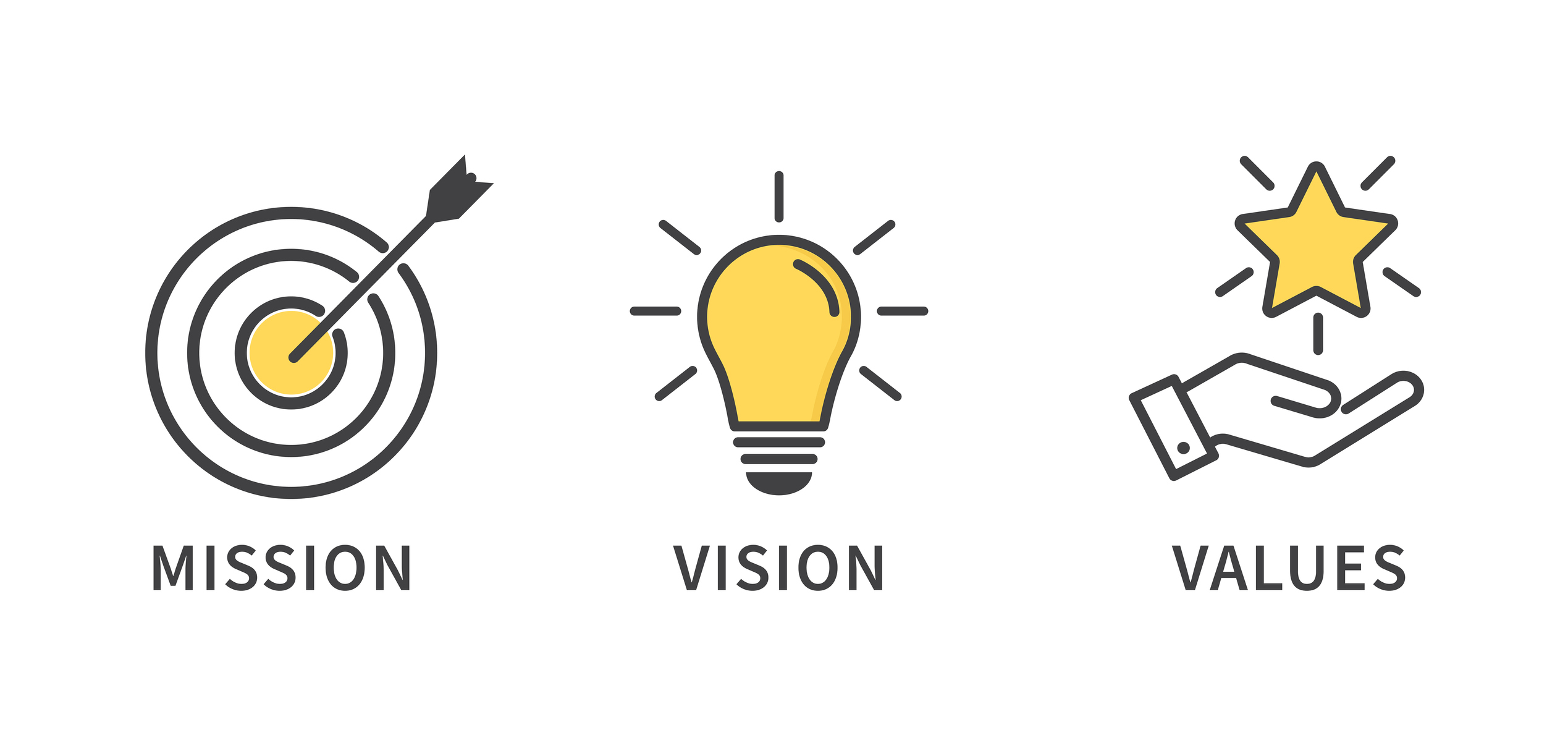Vision and Mission for EEE
"Empowering minds, shaping futures — Priyadarshini College is where learning meets purpose."Vision of the Department
To empower technocrats in the field of Electrical and Electronics Engineering with a strong foundation and advanced skills to meet the challenges of a dynamic technological world and contribute to sustainable growth and the betterment of society.
Mission of the Department
-
To impart high-quality education in Electrical and Electronics Engineering through innovative teaching and practical learning experiences.
-
To foster research and development by encouraging projects and industry interactions in emerging areas like power systems, renewable energy, control systems, and automation.
-
To instill professional ethics, teamwork, leadership, and social responsibility to enable graduates to address national and global challenges.
Programme Outcomes (POs)
Graduates will be able to:
-
Engineering Knowledge: Apply knowledge of mathematics, basic sciences, and engineering fundamentals to solve complex engineering problems.
-
Problem Analysis: Identify, formulate, and analyze engineering problems using engineering principles, research literature, and data to reach substantiated conclusions.
-
Design and Development of Solutions: Design solutions for electrical and electronics engineering problems that meet public health, safety, and environmental considerations.
-
Conduct Investigations of Complex Problems: Conduct research, design experiments, and interpret data to draw valid conclusions for engineering problems.
-
Modern Tool Usage: Apply appropriate techniques, tools, and software for the analysis, simulation, and implementation of electrical and electronic systems.
-
The Engineer and Society: Assess the impact of engineering solutions on society, health, safety, legal, and cultural issues.
-
Environment and Sustainability: Develop sustainable engineering solutions while understanding their impact on society and the environment.
-
Ethics: Practice engineering professionally and ethically, adhering to established codes of conduct.
-
Individual and Team Work: Work effectively as an individual or team member/leader on multidisciplinary engineering projects.
-
Communication: Communicate effectively with engineering peers and society, prepare reports, give presentations, and receive and give clear instructions.
-
Project Management and Finance: Apply engineering and management principles to manage electrical and electronics engineering projects.
-
Life-long Learning: Recognize the need for continuous learning to keep up with rapid technological changes.
Programme Educational Objectives (PEOs)
Graduates will:
-
PEO1: Develop a strong base in engineering fundamentals to tackle complex problems in electrical and electronics engineering.
-
PEO2: Gain expertise in core areas of Electrical and Electronics Engineering to address industrial, academic, and research challenges.
-
PEO3: Demonstrate professional competencies like communication, teamwork, and leadership to succeed in diverse career pathsGraduates will be ab
-
PEO4: Uphold ethical values and social responsibility and pursue lifelong learning to contribute to sustainable technological advancement.
Programme Specific Outcomes (PSOs)
-
Problem Solving: Develop and implement effective solutions for real-world electrical and electronics engineering challenges using modern tools and methodologies.
-
Technical Competency: Utilize their expertise for higher education, research, entrepreneurship, and practical project development to address societal and industrial needs.



